Switzerland-based carton manufacturer Tetra Pak issued its call in its annual sustainability report for 2022 on 23 August.
It has done so amidst controversy over retailers switching to cartons as alternatives to plastic, which some in the industry say is not more sustainable.
Most notably, supermarket chain Morrisons has switched the packaging for its own brand milk bottles. When the switch was announced, plastics recycling charity RECOUP said plastic bottles were collected at the kerbside by every local authority in the UK, while cartons were only collected by around 65% (see letsrecycle.com story).
Within the report, Tetra Pak says 1.2 million tonnes of cartons were collected and sent to recyclers globally in 2021, representing 26% of the total volume of cartons sold.
The company says it is aiming for a 90% collection rate and a 70% effective recycling rate in the European Union by 2030.
To achieve this, the company says, many countries need “systemic change”, while “large investments” are required to increase the capacity of paper mills and recyclers’ infrastructure.
Tetra Pak has committed to investing up to approximately €40 million annually in the next three years to build the necessary collection and recycling infrastructure, “in partnership with other value chain players and recyclers.”
The company offered praise to countries where local authorities and packaging recovery organisations are already committed to collecting cartons nationwide and with other liquid food packaging.
Recycling
The carton industry has long struggled for widespread acceptance for recycling in the UK, although in recent years it has developed a route which sees most cartons recycled at the Sonoco mill in Halifax.
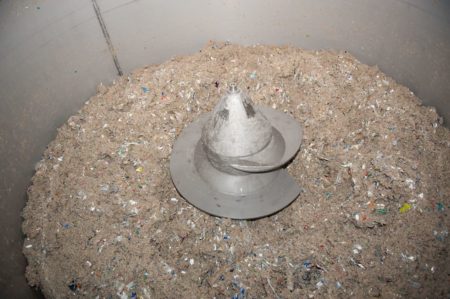
The government has included cartons in its proposals for consistent collections from the kerbside in England, meaning they should be accepted more widely in the future (see letsrecycle.com story).
Within the report, Tetra Pak says most cartons collected for recycling are currently sent to paper mills, which recover the fibre, separating it from the polyethylene and aluminium.
The fibre is then recycled into several different types of paper materials such as tissue paper, office paper and cardboard, Tetra Pak says, while the polyethylene and aluminium is sent to recyclers who create products such as pellets, panels, profiles, pallets, crates and tiles.
In 2021, Tetra Pak reviewed and updated its recycling reporting methodology as the first step towards its ambition to have third-party verified recycling reporting. As a result, Tetra Pak says, the company’s actual global recycling rate figure rose from 25% in 2020, using the new recycling reporting methodology.
Fibre-based barrier
Elsewhere in its report, Tetra Pak sys it is focusing on decreasing the share of plastics and aluminium within its packaging and increasing the share of paper to more than today’s average of 70%, while continuing to keep food safe and available for consumers.
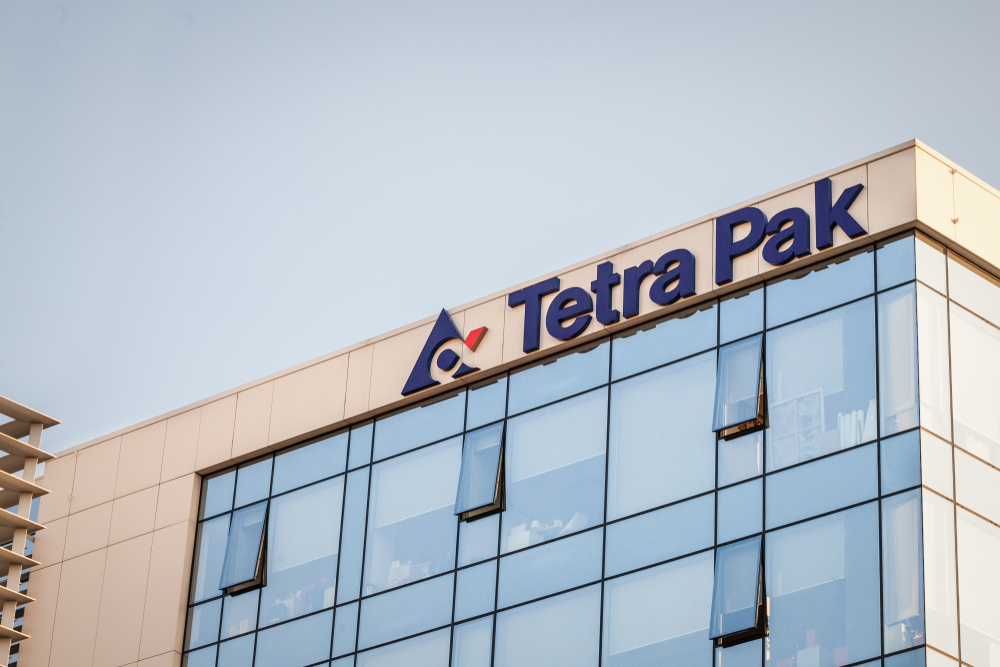
The company says it started testing a fibre-based barrier to replace the aluminium foil layer in cartons in 2021 following a 15-month “commercial technology validation” test (see letsrecycle.com story).
A first pilot batch of single serve packs featuring this material are currently on the shelf for a commercial consumer test, Tetra Pak says, with further tests scheduled for later in 2022.
‘Innovation engine’
Commenting on the company’s commitments to circular solutions, Eva Gustavsson, Tetra Pak’s vice president for materials and package, said: “To keep the innovation engine running, we are investing €100 million per year and will continue to do so over the next five to 10 years to further enhance the environmental profile of cartons, including the research and development of packages that are made with a simplified material structure and increased renewable content.
“There is a long journey ahead of us, as we strive to achieve our sustainability ambitions while ensuring food safety, but with the support of our partners, we are well on our way.”
Related link
Tetra Pak Sustainability Report 2022





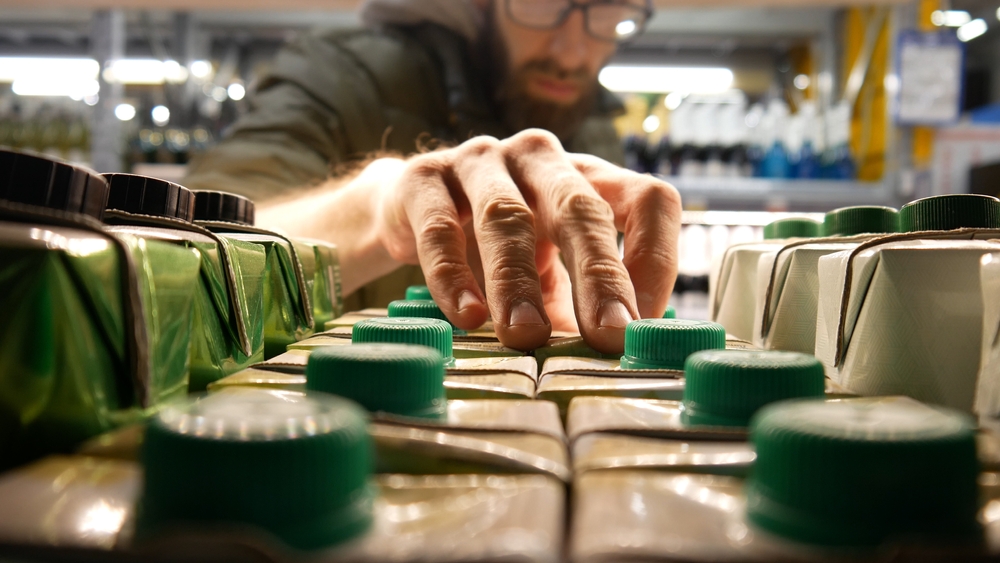

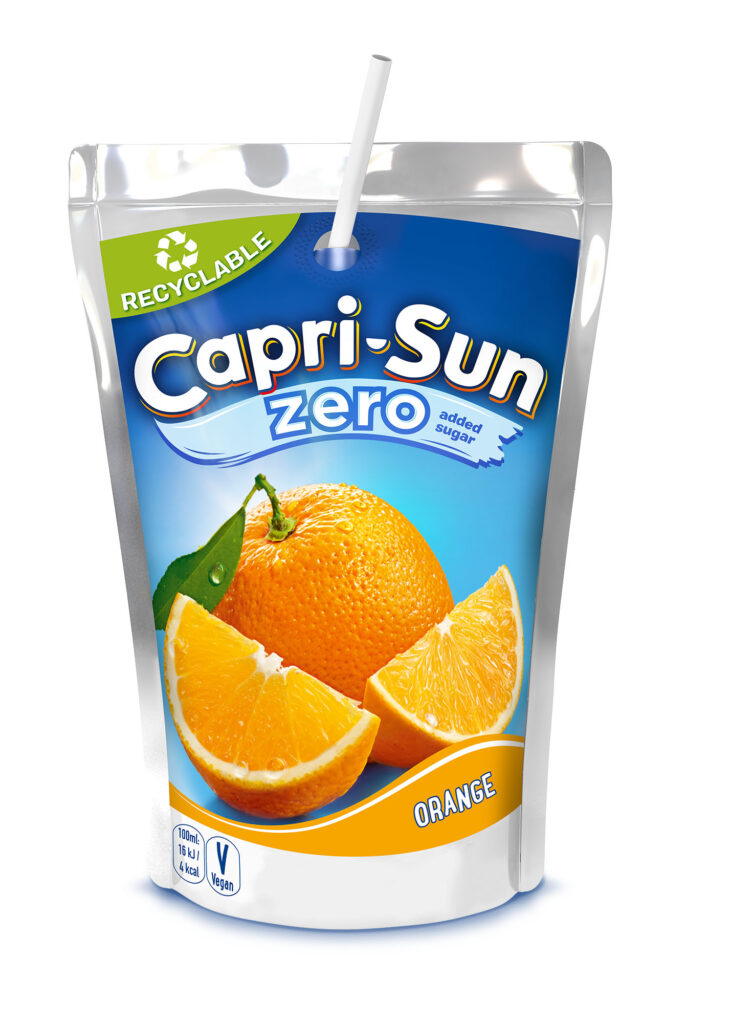
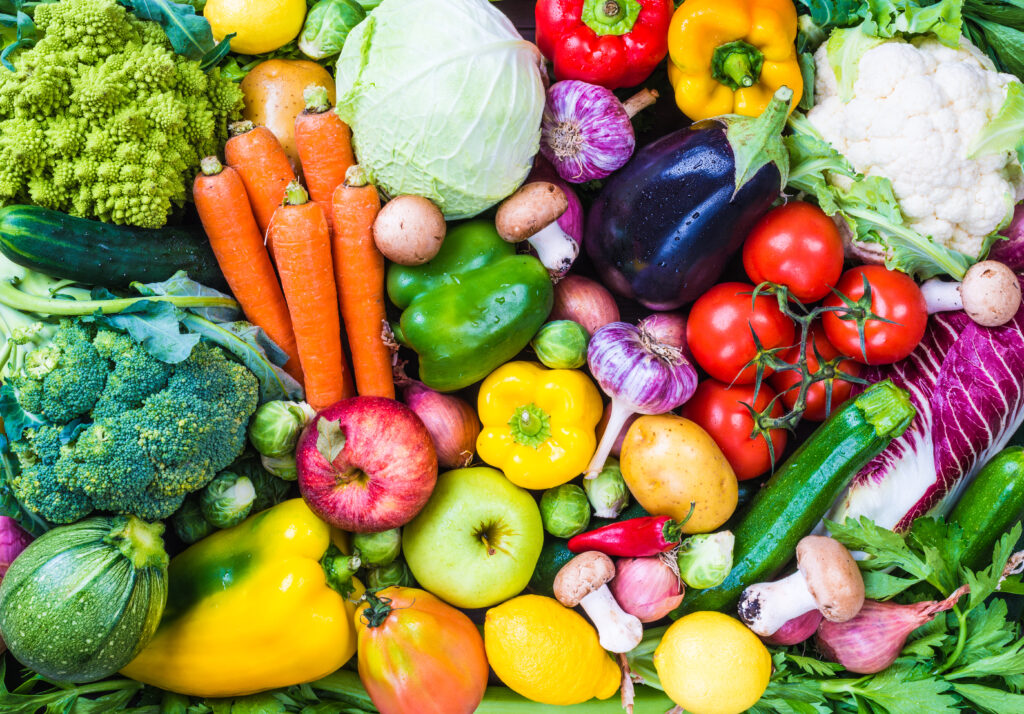


Subscribe for free